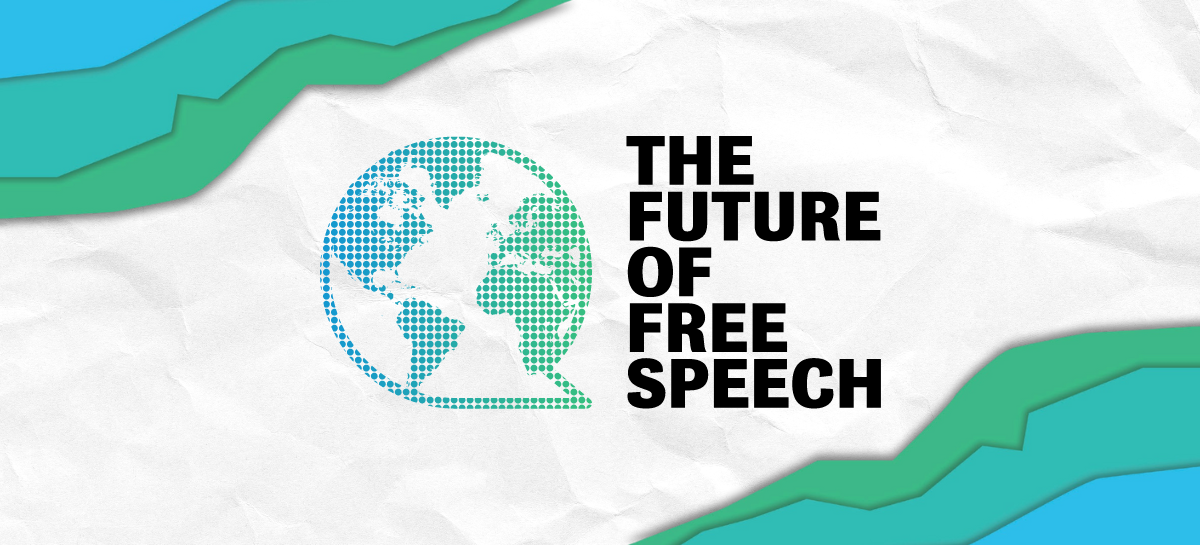The Lembit Öpik Show: Fake News Criminalization in Cyprus Threatens Free Speech
Featuring Natalie Alkiviadou Senior Research Fellow Natalie Alkiviadou joins The Lembit Öpik Show for TNT Radio to discuss a proposed “fake news” bill in Cyprus. The bill, which Dr. Alkiviadou wrote about at Verfassungsblog, would impose a prison sentence of up to five years for those accused of spreading disinformation. Alkiviadou expresses concern about the […]










